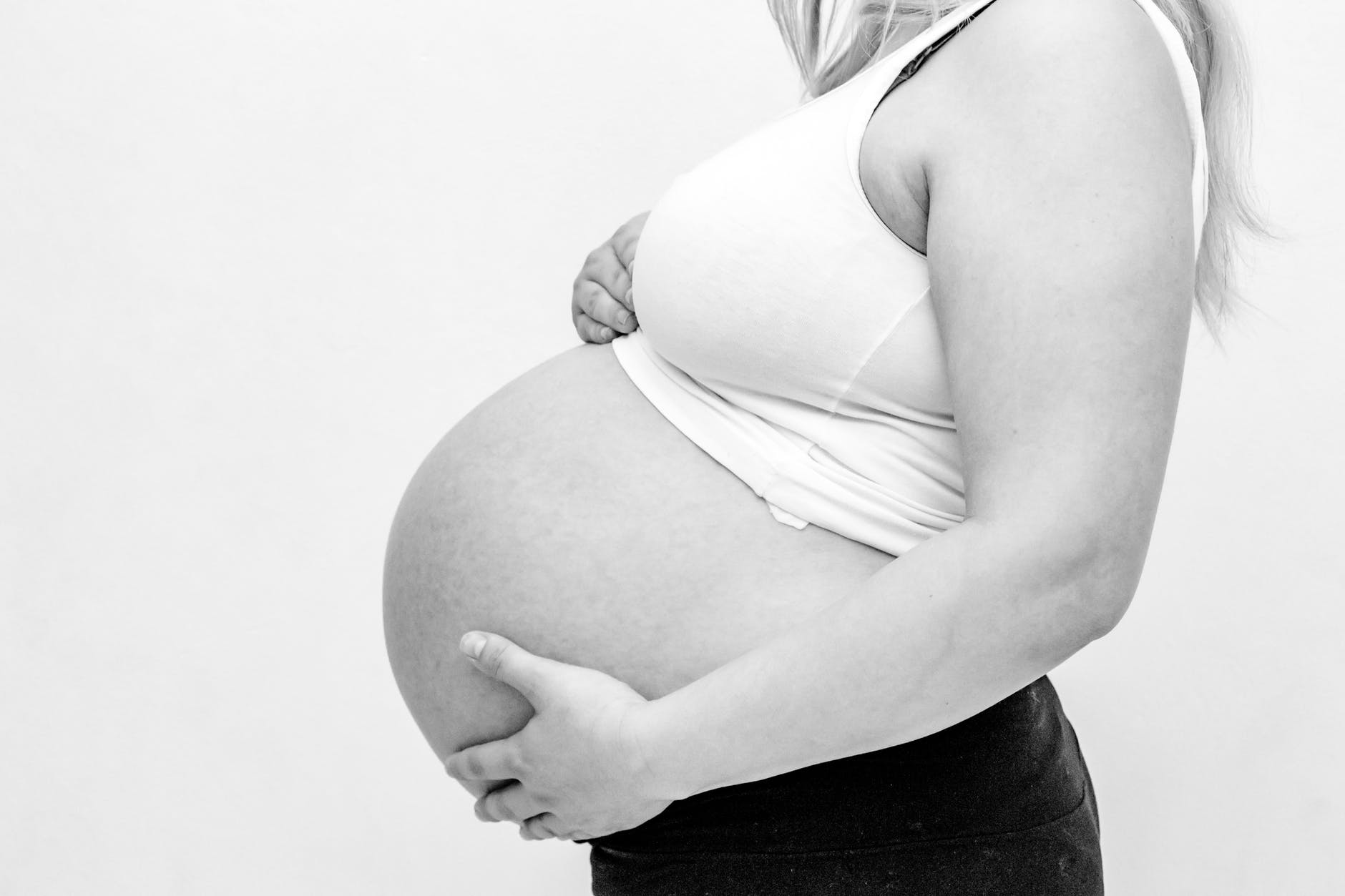![]()
Pregnancy is a time of increased risk for both you and your baby. It’s crucial to eat healthy, but some foods can cause health problems or make it harder for you to get the nutrients that your baby needs. In this blog post, we’ll talk about which food to avoid during pregnancy and why.
Foods that can be a threat to the unborn baby
One factor to take into consideration when selecting a diet during pregnancy is the level of risk. In some cases, eating certain foods can make it more difficult for your body to carry the baby to full term. The best advice is to avoid foods that are high in sugar, sodium, and fats. There are also other things to consider such as caffeine and alcohol consumption before you decide on what type of diet to adopt.
Foods high in Vitamin A and C
Vitamin A and C both play a part in the development of the fetus. Vitamin A is important for healthy eyes, skin, and nervous system while Vitamin C helps fight off diseases by strengthening the body’s natural defenses. When pregnant women eat too much Vitamin A or Vitamin C, their baby can be born with birth defects. It’s important to limit this risk by eating foods rich in these vitamins. These include oranges, sweet potatoes, carrots, peas, spinach, kale, papaya and cantaloupe .
Dairy foods are also great sources of Vitamin A and C. These include milk, yogurt, cottage cheese, and, of course, cheese. There are only trace amounts of Vitamin A in eggs. Try to eat them sparingly if you are pregnant or breastfeeding.
Pregnancy Symptoms – How to deal with Early Signs & Symptoms.
Vitamin B12 : Vitamin B12 is an important vitamin for healthy body function and is found in meat, fish, eggs, asparagus and soybeans. When pregnant women get too much Vitamin B12 their unborn baby can become malnourished and more susceptible to diseases later in life. If a woman has a deficiency of this vitamin she may get unexplained depression or heart palpitations. There is also some evidence that vitamin B12 deficiency may play a role in some types of cancer. Fortified foods : This is where the government has added extra Vitamin B12 to food so that it can be made available to people who don’t get enough from food. For example fortified breakfast cereals, breads, rice and pasta are all good sources of this vitamin. Among the commercially available vitamin capsules there is no information as to what other vitamins they contain, so you will have to check them out for yourself.
Foods high in folic acid
Foods high in folic acid can help pregnant women avoid neural tube defects, such as spina bifida and anencephaly. The best sources of folic acid include spinach, avocado, asparagus, lentils, beets, black-eyed peas, and oranges. Folic acid is also added to some breads, tortillas, and cereals.
While there’s no substitute for eating a varied diet high in folic acid, these foods are great suggestions if you’re looking for ways to increase your folic acid intake.
Foods high in iron
Many people think that it’s safe to consume anything during pregnancy, but this is not the case. Iron is important for your unborn child, so you should stay away from foods high in iron. These include liver, red meat, and raisins. Dietitians also recommend cutting down on caffeine, alcohol, and rich or heavily spiced foods while pregnant. Watch out for fiber-rich foods, such as bran cereal and brown rice. Fiber has intestinal benefits but can cause constipation and gas.
Caffeine. Caffeine is the most commonly used drug in the world, but it’s banned from use during pregnancy because it can harm a baby. However, if you’re consuming caffeine for medicinal purposes or to regulate your sleep cycle during pregnancy, you should limit yourself to 200 milligrams of the substance per day (about the amount you get from two to three cups of coffee). Other than caffeine, there’s little evidence that other drugs pose a risk to your baby.
